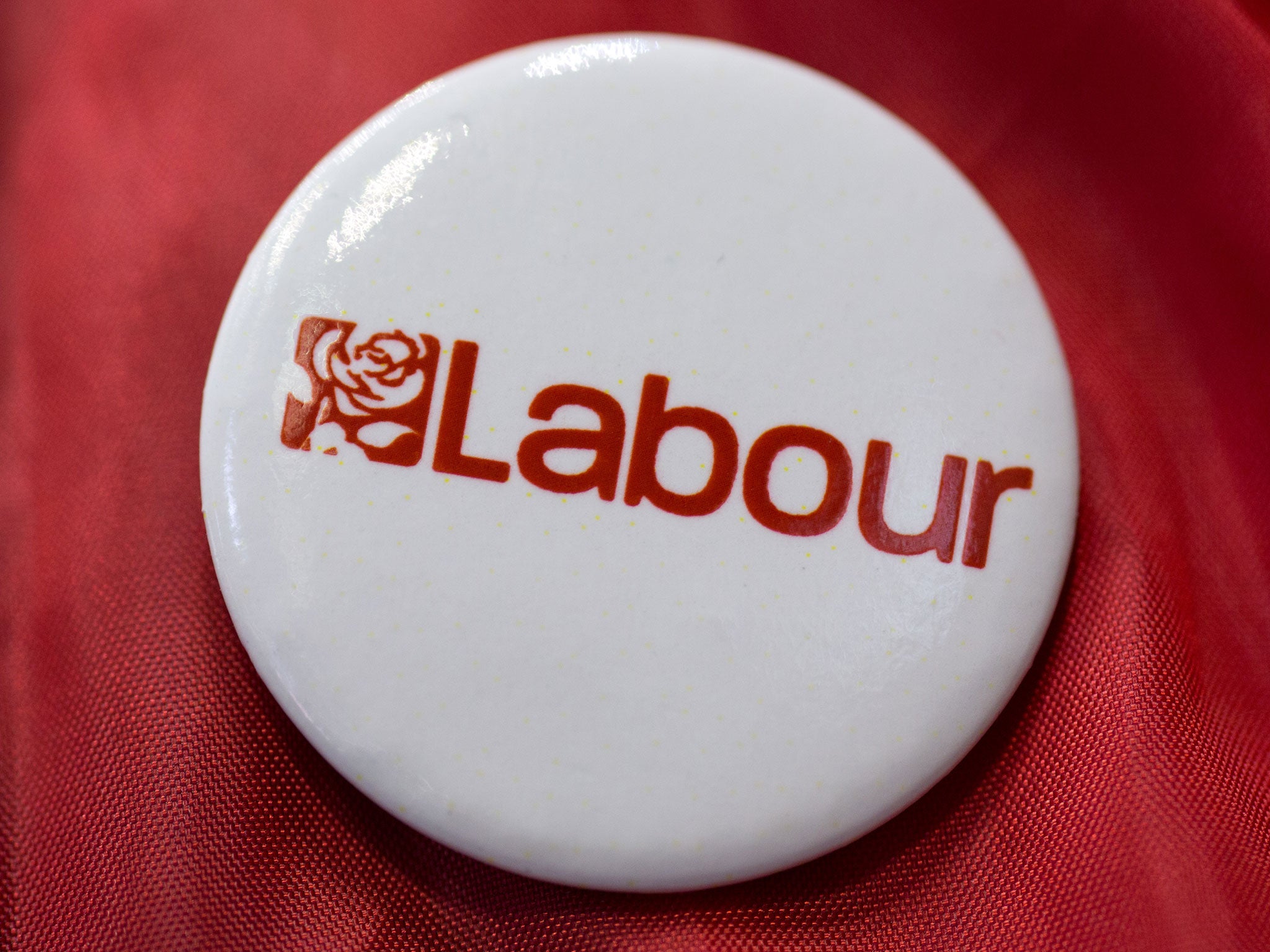The SNP's rise means Labour must look for seats in the south
The party must appeal to a broad coalition of classes and constituencies

Your support helps us to tell the story
From reproductive rights to climate change to Big Tech, The Independent is on the ground when the story is developing. Whether it's investigating the financials of Elon Musk's pro-Trump PAC or producing our latest documentary, 'The A Word', which shines a light on the American women fighting for reproductive rights, we know how important it is to parse out the facts from the messaging.
At such a critical moment in US history, we need reporters on the ground. Your donation allows us to keep sending journalists to speak to both sides of the story.
The Independent is trusted by Americans across the entire political spectrum. And unlike many other quality news outlets, we choose not to lock Americans out of our reporting and analysis with paywalls. We believe quality journalism should be available to everyone, paid for by those who can afford it.
Your support makes all the difference.To have a hope of outright victory in 2015, Labour has to significantly improve its position in the southern and midlands’ marginals.
There is an even greater urgency today: after the Scottish referendum, Labour cannot rely on increasing its share of parliamentary seats in the so-called ‘northern and Celtic heartlands.’
The party has little room for manoeuvre: it urgently needs to lock in its support while enlarging its electoral base.
Labour is generally doing better in the marginal seats where economic pessimism is deepest. Given the trend towards an improved economic outlook after a protracted and painful recession, appealing to a narrative of unremitting economic gloom will produce limited gains for Labour. Voters do not always view their situation solely through the prism of austerity and the ‘cost of living crisis’. Labour cannot construct an electoral majority only by appealing to those hardest hit since the crisis.
For Labour to remain competitive in the marginal seats, it has to nuance and refine its living standards’ argument appealing to a wider coalition of voters.
The most obvious point is that the party must address its perceived lack of economic credibility Labour can further strengthen its economic credibility by demonstrating its goal is not merely to redistribute a shrinking pie, but to grow the productive base of the economy For Labour, the task is an existential one: it must demonstrate that British social democracy can achieve reforms in the name of a more equal and just society without higher public spending
The party should harness ‘the white heat of technological revolution’ as Harold Wilson proclaimed in the 1960s. What voters principally seek is efficient, broad-based and competent government. The lesson of history is that Labour wins when, as in 1945, 1964 and 1997, it is seen as the party of genuine opportunity for all, uniting a diverse range of classes and constituencies projecting its appeal as a national party.
Join our commenting forum
Join thought-provoking conversations, follow other Independent readers and see their replies
Comments